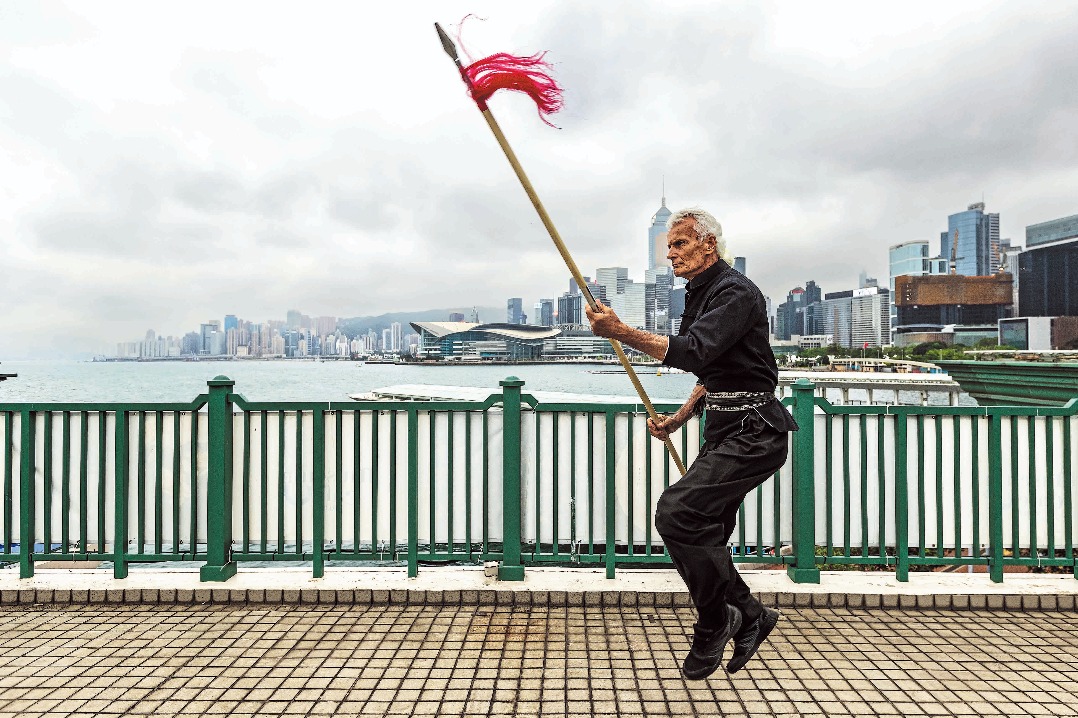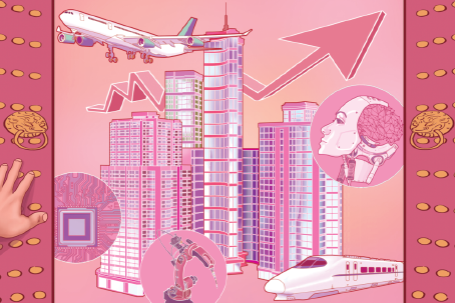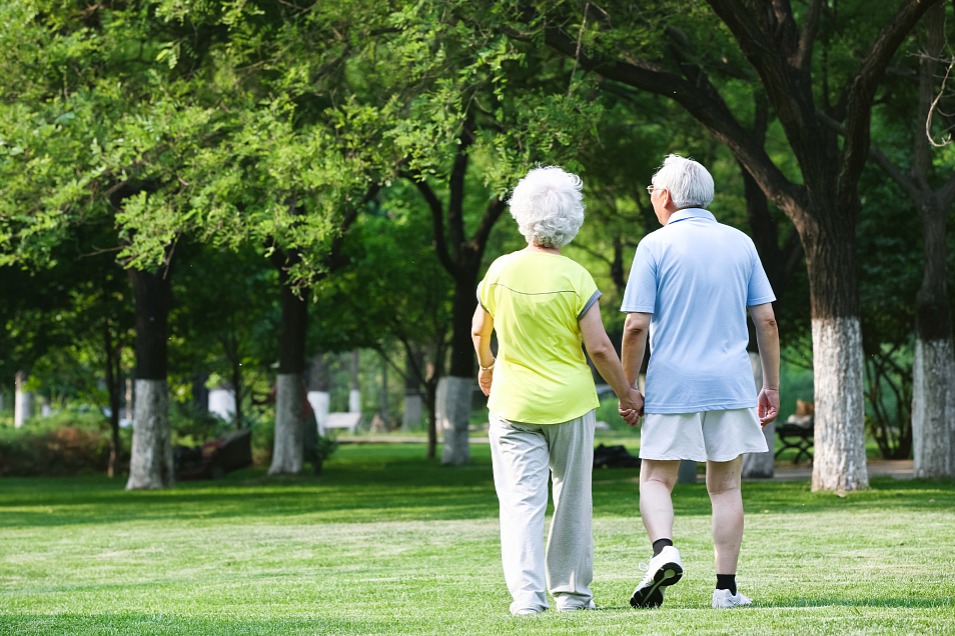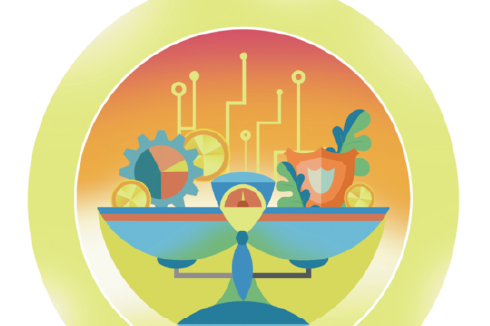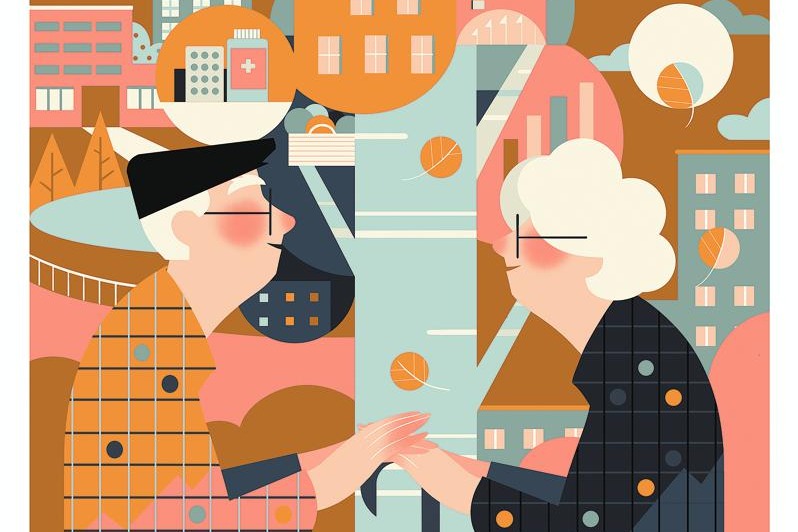Beijing can make life more convenient for all residents


While reading a Beijing newspaper, two stories at the bottom of a page caught my attention. One was about the Beijing municipal government's decision that parents cannot be compelled to buy school uniform for their children any more. The other story was about the abolition of the old rule that the Elderly and Disability Assistance Card holders could spend the special care allowance money deposited by the government into their accounts only in certain special stores.
The editors of the two newspapers treated the stories lightly, perhaps because they saw them as routine information from a couple of departments. But to millions of parents and elderly people, the new measures are a positive response to their needs, showing that the local government takes their concerns seriously.
School uniform was alien to my generation when people had to toil just to make ends meet. Today, uniform has become mandatory even in the rural schools after it was introduced three decades ago. Costing between a few hundred to a few thousand yuan for one set of uniform, school uniform has become more of a burden on parents of young kids. In fact, parents have no choice but to buy it to avoid violating school rules, for which their innocent children have to pay the price.
As a result, every school-going kid's household has stacks of school uniform for its children, from kindergarten and primary school to junior and senior high school, for different seasons. To throw them away is a waste of resources. But even the relatively poor people and survivors of natural disasters are reluctant to accept school uniform as donation.
Beijing's new regulation, which allows parents to purchase school uniform from whichever source they choose to, has come as a big relief to millions of parents. At least, they can choose to buy fewer sets of uniform for their children, thus not only saving money but also reducing waste of resources.
The modification in the Elderly and Disability Assistance Card rule, too, has been welcomed by the people, especially the elderly people. The capital city now has 5.95 million such card holders. With the card, a resident above the age of 60 can ride buses and visit most of the parks and museums for free. Among such card holders, about 630,000"senior elderly" or disabled people also get monthly grants for adult education, ranging from 100 yuan ($13.75) to 800 yuan, which are transferred directly to their cards.
Previously, the elderly people had to visit a select group of stores to use the money in their cards to buy products for their needs. That arrangement was not only inconvenient for the huge number of elderly people but also taxing on their health. Now that such cards have been linked to payment platforms, the elderly people can use their cards to order products online or visit any store to get what they want and use their cards to pay for them.
The Beijing local government's new measures have not only brought relief to the parents of young children and convenience to the elderly and the disabled but will also help prevent corruption.
For a long time people have suspected that there might be underhand deals between managements of schools and uniform makers and/or suppliers. This suspicion has gained ground also because many local governments have been focusing on building fancy landmark projects and huge sculptures, which are of little concern to the people.
Amid complaints that complicated procedures have been hindering start-ups and business ventures, and reaching the government department is very difficult, administrative centers have been set up in most of the cities and districts, bringing almost all government organs under one roof, to redress the grievances of the people. The one-stop model not only makes it easier to launch start-ups but also has made life more convenient for ordinary citizens who can apply for a passport, renew a driver's license and check their tax situation all within half a day. There are more than 3,000 such centers in the country today.
Surveys show that education, employment, social welfare, medical service and eldercare are among the top issues that the public seems most concerned about. Beijing is trying to address these concerns, and make life more convenient for the people at large.
The author is former deputy editor-in-chief of China Daily.
kangbing@chinadaily.com.cn
If you have a specific expertise, or would like to share your thought about our stories, then send us your writings at opinion@chinadaily.com.cn, and comment@chinadaily.com.cn.


















